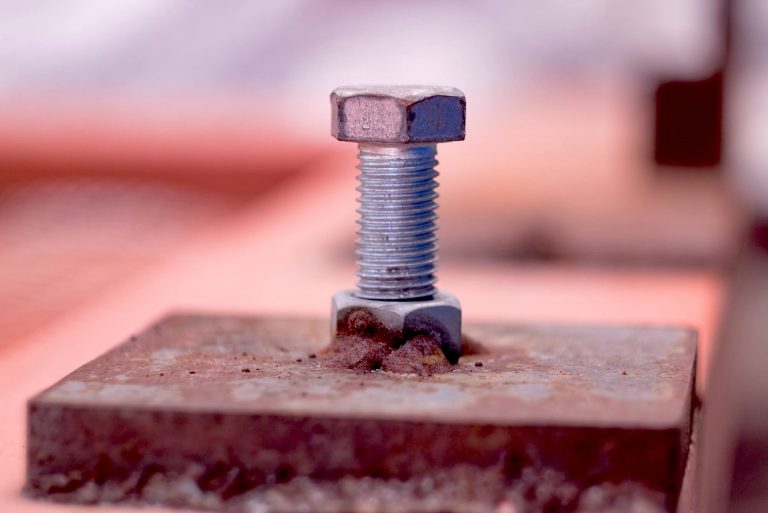corporations are gradually losing ground … But this is inaccurate

In the summer of 2021, we published an article
“The right to repairs is somewhere else: corporations are actively opposing the adoption of the law.”
… The article described that corporations are opposing the onset of the “golden era of repair”, when device owners and private workshops have every right to do whatever they think is necessary with gadgets, cars and household appliances purchased or provided for repair.
This happy time is striving to bring closer the enthusiasts of the world of renovation – for example, the head of iFixit Kyle Vince and many of his colleagues. They make up a fairly powerful lobby that has achieved a lot over the past few years. Well, now, it seems, another victory has been won – after all, Apple lost in this battle, allowing customers to free repair their equipment. About the nuances of the current transformation process (if, of course, you can call it that) – under the cut.
Spare parts, logistics and ubiquitous bans
First, it is worth remembering why large corporations cannot simply take and allow everyone and everything to repair anything and in any way, hiding behind the words about “the need for professional repair, otherwise it would not work out.” The fact is that the service and repair industry, that is, the official service of corporations, is actually a gold mine for device manufacturers. How much this industry brings to corporations is unknown, but apparently, a lot.

So, the usual replacement of a cracked iPhone glass in the brand center costs
, battery – about $ 69. Prices are also high for most of the company’s other services and repairs. In 2016, reporters even managed to obtain documentary evidence that Apple is paying officials who oppose the “right to repair.” Many other companies are doing similar things, but Apple is the most striking example.
Google Corporation, which until recently was called “the corporation of good”, does not allow third-party workshops to make minor repairs to their devices. Rather, repairs can be made, but it is not possible to use official spare parts from Google in this case – the company does not supply them to everyone (of course, for money). And third-party compatible parts cannot be used legally – in the United States, a huge fine can “fly in” for this.
The owner of one of the free repair services, Justin Millman Millman, faced a typical problem for one of the Chromebook models – they do not connect to the Internet due to a defective Wi-Fi module. These Chromebooks are distributed to students and pupils from dozens of educational institutions in the vicinity of Millman’s workshop. He counted at least 25 organizations that have filed requests to repair Chromebooks with this defect. The modules in question are not uncommon and can be replaced without any problems. But Google requires the installation of a specific version of the Wi-Fi module, not a compatible model. Therefore, the workshop buys working boards along with modules on the Internet.

Other companies act in a similar way, and not only electronics manufacturers. For example, a vendor of agricultural equipment, John Deere, recently tried to force a farmer to pay, whose simple sensor was broken. The farmer cannot do anything himself – service is required. As it turned out, it costs a lot: for replacing the sensor, the company
… And without replacement, the farmer could not work normally – the tractor turned off for no apparent reason, and in a random way. At the same time, the local mechanic knew what to do, and would take several times less for repairs.
“The right to repair” is a very interesting topic, but we have other articles, check it out – we are talking about:
→ Small “raspberries” in a large data center
→ new SoC from Apple – M1 Pro and M1 Max
→ Creating your own server case
The situation is changing little by little
Right-to-repair advocates have pushed the FTC to actively tackle illegal restrictions on the repair of complex devices. Summer 2021
a detailed and realistic plan according to which the commission plans to allocate resources for the implementation of existing laws.
“The FTC voted unanimously to strengthen law enforcement against repair restrictions that prevent small businesses, workers, consumers and even government agencies from repairing their own products. Such restrictions can significantly increase consumer spending, stifle innovation, shut down business opportunities for independent repair shops, create unnecessary e-waste, delay timely repairs, and undermine resiliency, ”said Federal Trade Commission Chairman Lina Khan.
In the EU, too, things got off the ground. So, from this year, manufacturers of household appliances and electronics, goods supplied to the EU, are required to supply spare parts for their devices within 10 years. An even more important achievement is the requirement of legislation to design household appliances in such a way that they can be repaired without any problems with publicly available tools.
Well, now Apple has gone to meet consumers halfway by launching the Self Service Repair program. It was announced that users now have the opportunity to purchase original components for self-repairing of smartphones and laptops of the company. Plus, the corporation has undertaken to provide the tools necessary for the repair. The program will start operating in the United States in early 2022, and then it will be launched in several other countries around the world.
Is that all now, is the war over?

Not so simple. In many cases, corporations use cunning methods to avoid supplying official parts to workshops – even when they must. For example, they build long and complex supply chains, the links of which can be considered independent of each other. Chapter iFixit
used by Varta. It is a battery manufacturer that not only supplies batteries and accumulators to the market, but also produces cells for partners. So, Varta produces batteries for Samsung wireless headphones Galaxy.
When the workshop asks Varta to sell a batch of batteries to replace the broken earbuds, it says the Samsung contract does not allow transferring the batteries to a third party. At the same time, from the point of view of legislation, everything is clean. Apple, in order to make the critical elements of its equipment unique, also modifies publicly available components – for example, the power controllers for the MacBook Pro. According to the head of iFixit, such schemes are used more and more often.
In many cases, after the end of support for certain devices, companies will recycle any unused parts. In the future, repairmen can only search for such items online – in particular, buy broken gadgets with the necessary components.
By the way, it is entirely possible that Apple launched its “free repair” program simply because it was afraid of losing control over the repair of its equipment. Now, having made some concessions, it will be able to sell original spare parts at high prices, plus carry out repairs using its own service centers – and after all, the pricing policy there can be softened. All this, of course, is just speculation, but it is unlikely that corporations will just give up on servicing their devices and other goods. Well, besides Apple, a large number of other companies are resisting the offensive of the “right to repair” – less is known about them simply because these organizations are not on everyone’s lips, like Apple or Google.
But still, if the right to renovate lobby won a real victory, then all that remains is to congratulate all of us on this. It remains to wait a bit, and the situation will clear up.






